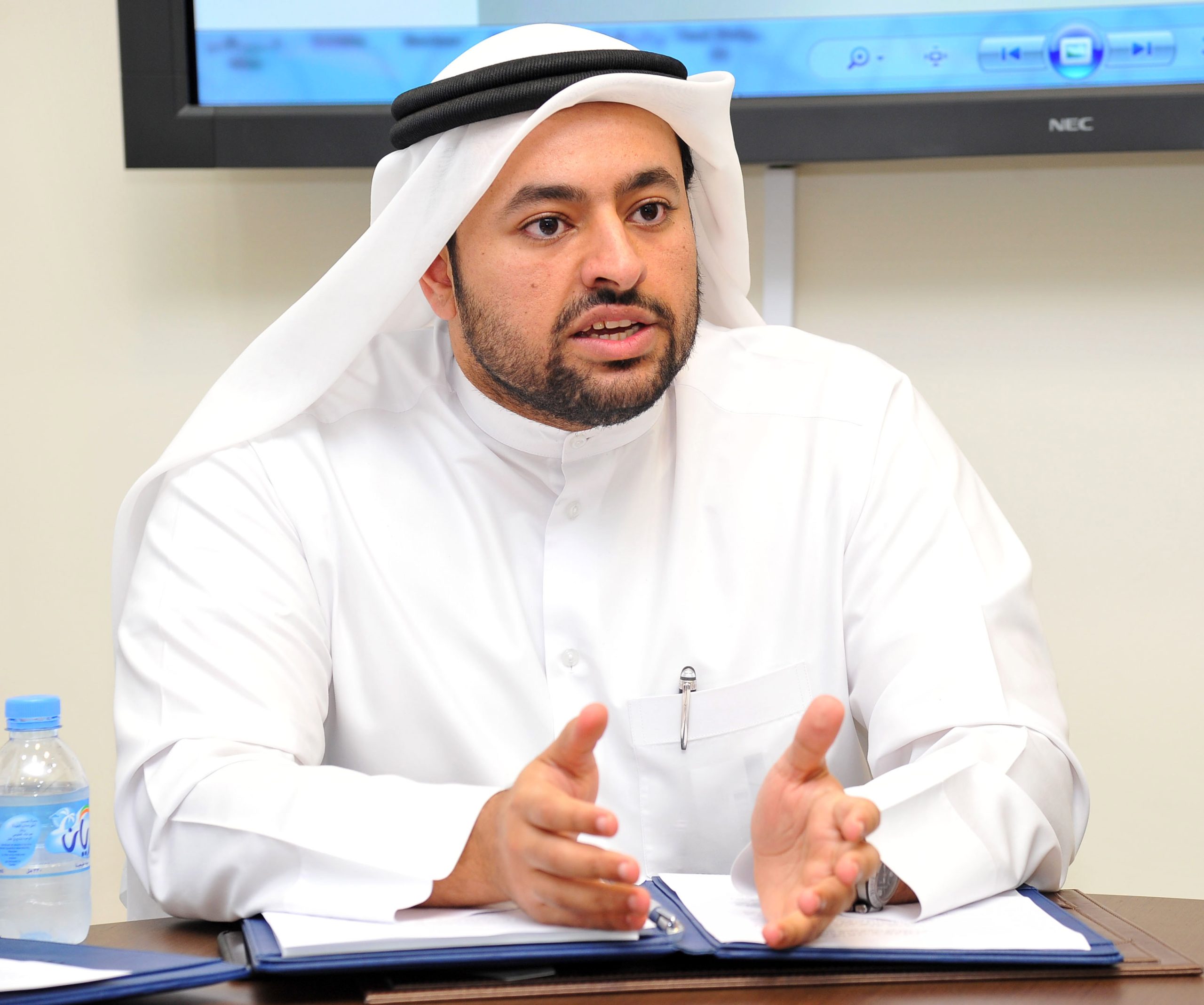The strategic move to revolutionise the workforce aligns with the National Development Strategy for a productive, skilled labour market by 2030.
The cabinet has agreed to form a Labour Force Planning Committee within the Ministry of Labour.
The newly established committee will be chaired by the Minister of Labour, Ali bin Samiakh Al Marri, with Abdulaziz bin Nasser Al Khalifa, President of the Civil Services and Government Development Bureau, taking on the role of vice president.
The group will include representatives from a range of governmental sectors including the Ministry of Defence, Ministry of Interior, Ministry of Finance, Ministry of Commerce and Industry, Ministry of Education and Higher Education, Qatar Central Bank, Qatar Energy, the Planning and Statistics Authority, and the Civil Services and Government Development Bureau.
The formation of this committee marks a significant step towards achieving the ambitious goals outlined in the third National Development Strategy and the Qatar National Vision 2030.
The vision seeks a fundamental transformation of the labour market towards prioritising high-skilled jobs, supported by a robust base of local talent enhanced through quality education and incentivisation, alongside the strategic employment of skilled international professionals.
A notable target set is the engagement of over 20 percent of the Qatari workforce within the private sector.
The committee’s mandate is comprehensive, focusing on synchronising governmental and private sector efforts for effective manpower planning.
It aims to tackle existing challenges, define fundamental determinants and future visions for employment, and scrutinise supply and demand in the face of economic and social shifts.
The committee is also tasked with aligning educational outputs with the labour market’s demands, proposing measures to bridge gaps between education and employment needs, and reassessing manpower planning and employment ratios across sectors based on best practices.
In pursuit of enhancing the skill level across the workforce, Qatar sets its sights on ensuring over 46 percent of all workers possess high-level skills.
Strategies to achieve this ambitious goal include reforming hiring practices, introducing innovative visa categories for business founders, independent professionals, students, and top-tier talents, and encouraging the private sector to appoint more Qataris in mid to high-level skilled positions.
To support these efforts, comprehensive skill enhancement programs, co-created and funded in partnership with the private sector, have been planned.
Additionally, the country aims to make higher education more attractive to Qataris, ensuring it meets job market demands and revising the governance system to align educational outcomes with labour market needs.
These initiatives are crucial elements of Qatar’s third National Development Strategy for the period 2030-2024, laying the foundation for a skilled and productive workforce.







